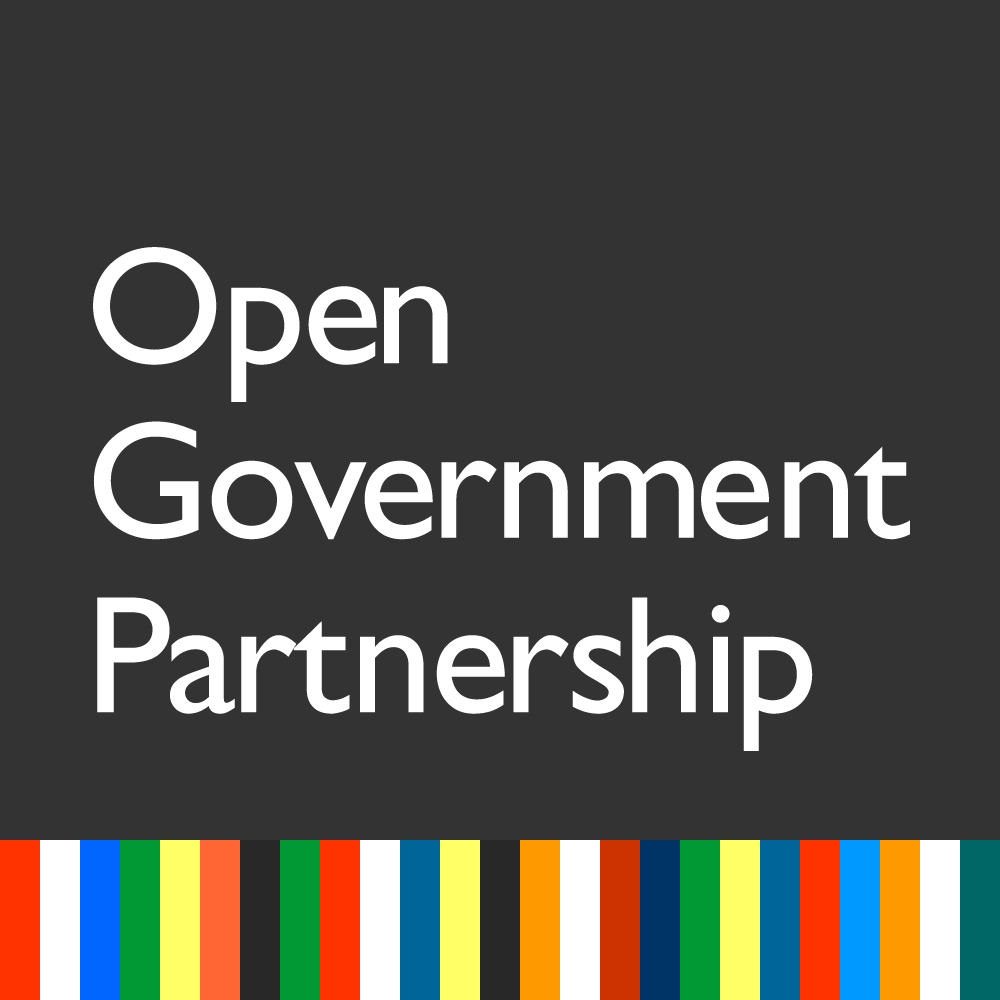NEWS
August 15, 2018

IN BRIEF
By: Shahid Farooq Pakistan, a nation of over 200 million inhabitants, is going into its third term of democratic government. The issues in pre-election debates this time are different from the past. Voices for accountability and transparency are distinctly audible, overpowering the traditional issues of electoral politics in Pakistan. Many attribute this shift to Panama Leaks and its aftermaths. Irrespective of primary triggers, demands for transparent, effective, and accountable government are taking root among masses in the country. Pakistan joined the Open Government Partnership (OGP), a multi-stakeholder governance initiative at the occasion of the 4th Biennial OGP Global Summit in [...]
SHARE
By: Shahid Farooq
Pakistan, a nation of over 200 million inhabitants, is going into its third term of democratic government. The issues in pre-election debates this time are different from the past. Voices for accountability and transparency are distinctly audible, overpowering the traditional issues of electoral politics in Pakistan. Many attribute this shift to Panama Leaks and its aftermaths. Irrespective of primary triggers, demands for transparent, effective, and accountable government are taking root among masses in the country.
Pakistan joined the Open Government Partnership (OGP), a multi-stakeholder governance initiative at the occasion of the 4th Biennial OGP Global Summit in Paris in December 2016. The next step was to prepare a National Action Plan (NAP) for two years by June 30th 2017, comprising of concrete commitments to implement the principles of the OGP in Pakistan. The Economic Affairs Division (EAD) was assigned the task of developing the NAP. Developments on the plan began through consultations with federal and provincial agencies and civil society organizations through a series of workshops and meetings. The National Workshop held in July 2017 under the chairmanship of Finance Minister in Islamabad was a mega event, attended by the Chief Operating Officer of the OGP. After intense efforts, a one year draft of the NAP was discussed and finalized at the Multi-Stakeholder Forum for presentation before the Federal Cabinet in December 2017. However, the draft of the NAP could not be presented to the Federal Cabinet and it still awaits approval. Meanwhile, the deadline for an approved NAP has been extended by the OGP to August 31st, 2018.
Experts believe that government reforms are inherently political. According to Mark Robinson, the main impetus for reforms comes from politicians who recognize that potential benefits can outweigh the risks. He further states that “risks can be mitigated by careful attention to design considerations, timings, and sequencing of reforms” (2007). Hence, the failure in the approval of the OGP National Action Plan can easily be understood. In the view of the Pakistani government, the risks appear to have surpassed the immediate benefits. On the operational side, the role and performance of public officials in relevant government agencies are very important in the planning for the OGP. Limitations also prevail here. Issues like delay in the finalization of the NAP, missing deadlines, some poorly focused commitments, and absence of commitments are quite obvious.
Despite these deficiencies, concerned government officials responded to the call for openness at an elevated level for the first time in the history of Pakistan. This initial step towards the OGP has opened a space for dialogue and participation between the government and civil society. The civil society might have experienced traditional resistance in some cases during the co-creation process, but this may be taken as natural in a country “with a history of buttoned-down predecessors brewed in colonial legacy”[3]. During the course, a group of progressive public officials and senior policy experts also emerged, who genuinely believe in the principles of the OGP. These open-minded officers can lead the implementation of the plan as a response to the bureaucratic inertia.
Now, when enhanced awareness about open government exists among masses, the next Pakistani government will have to respond the OGP’s deadline of August 31st 2018. It is high time for the civil society and public officials to take on an active role. These are the recommendations for both:
- Partners should continue cooperation, improve the commitments for effective implementation, and engage Pakistani citizens to identify and solve the problem the citizens care about.
- Civil society organizations should expand their presence to grassroots levels, taking advantage of raised awareness of governance issues.
- Civil society organizations should make efforts to communicate the spirit of the OGP to political parties and convince them to adopt the OGP as part of their governance reforms agenda.
- Public officials in government agencies and the EAD should continue refining the commitments making them more centered around people and less prone to risks.
Renewed strategy and refined approach at this juncture will speed up the journey highlighted by the OGP. This will serve as a “field placing for quick win,” a victory for those who matter the most— the people of Pakistan.
References
- https://www.ead.gov.pk/userfiles1/file/EAD/2017/Draft%20National%20Action%20Plan%20as%20on%2016-10-2017.pdf (Accessed on 7th May 2018)
- Robinson, Mark. (2007) The Politics of Successful Governance Reforms: Lessons of Design and Implementation.
ShahidFarooq (2017) Open Government: Requiring Open Minds and Open Eyes. https://www.opengovpartnership.org/stories/open-government-requiring-open-minds-and-open-eyes(Accessed on 7th May 2018)
